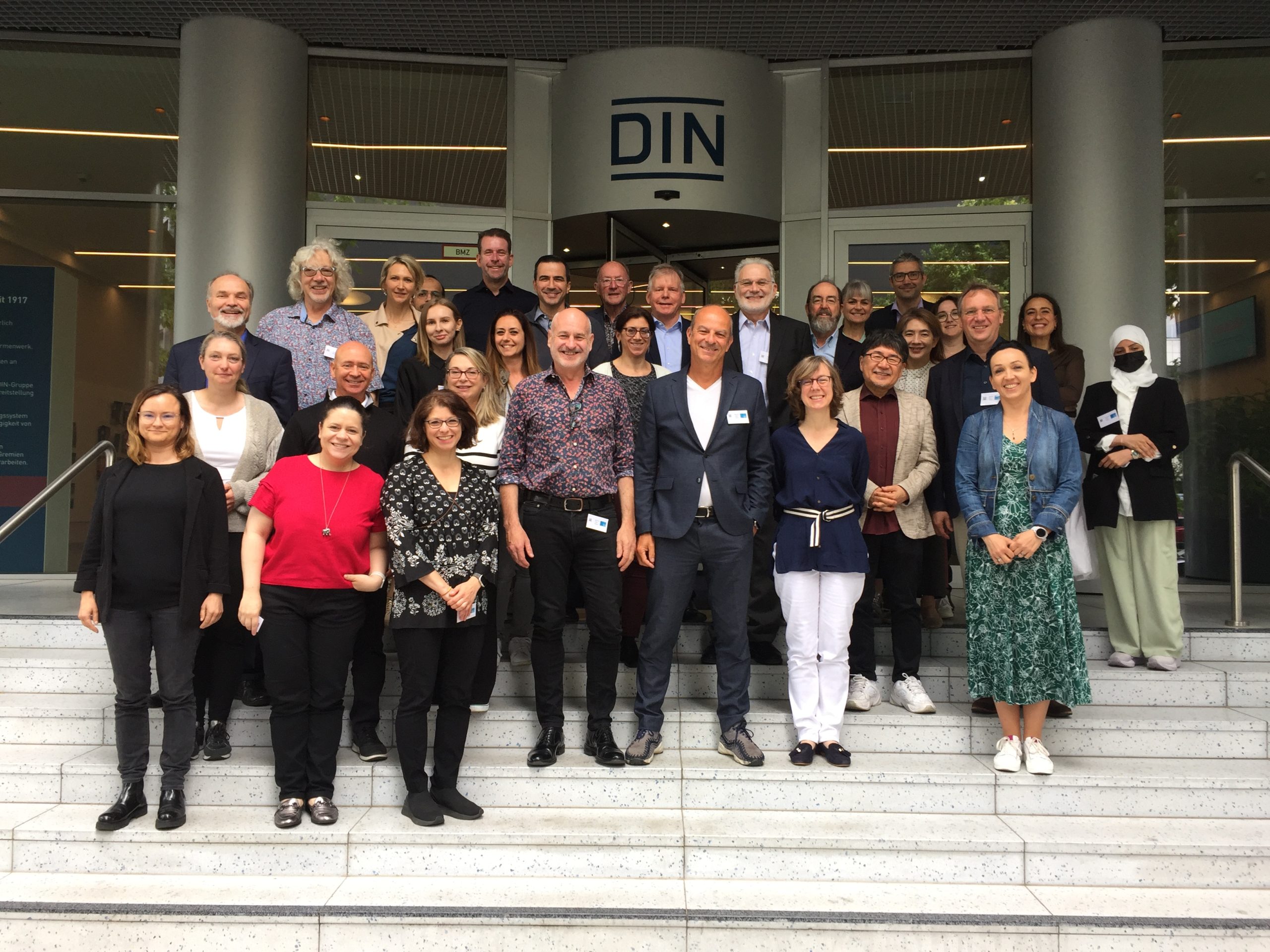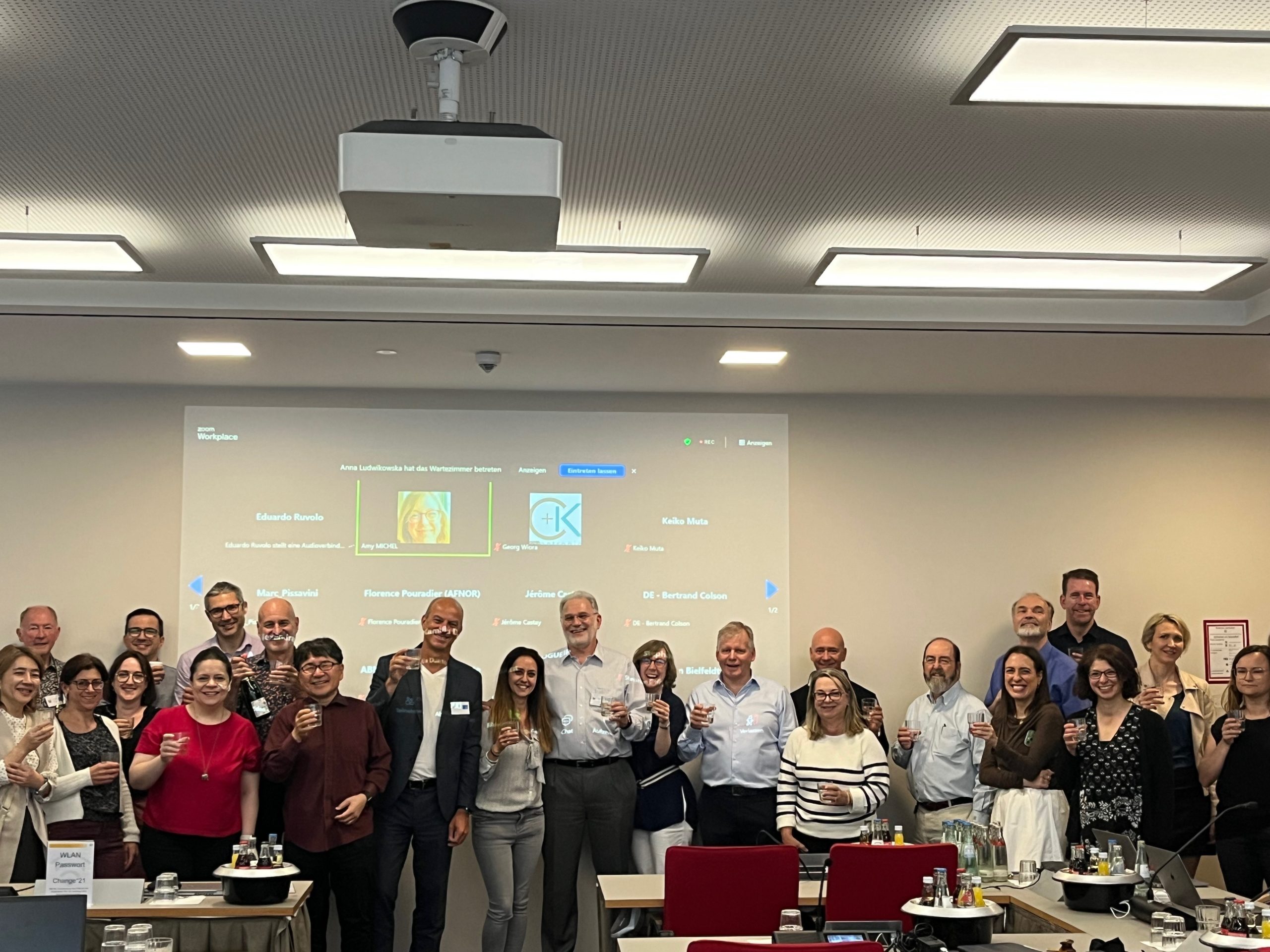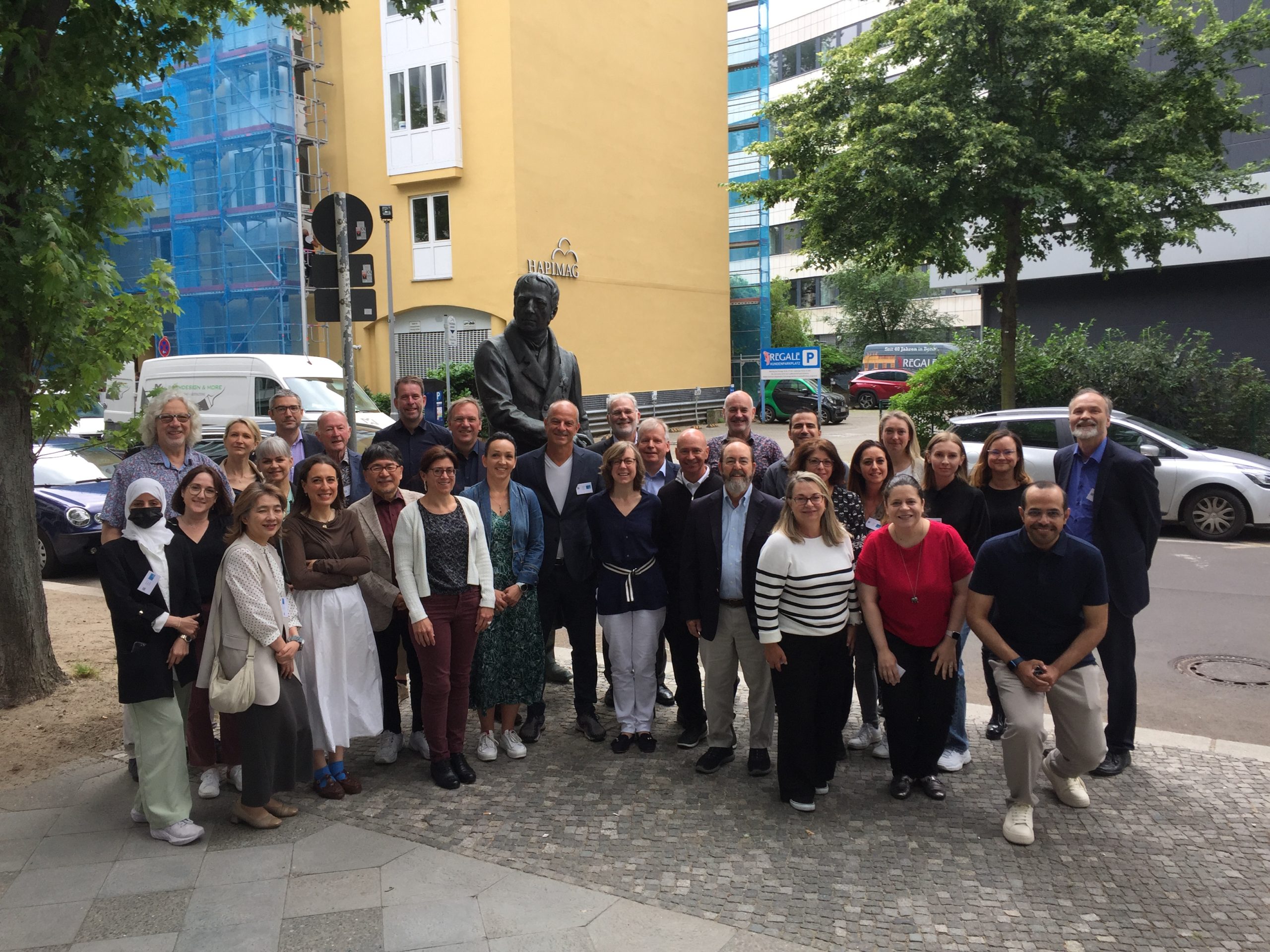At the ISO TC217/WG7 meeting in Berlin, June 2024, the ISO committee recommended advancing HDRS and In Vitro SPF test methods to the Final Draft International Standard (FDIS) stage after 10 years of development. This is a crucial step towards finalizing these methods and ensuring their reliability in sunscreen testing. The formal vote is set for September, with publication expected as early as December 2024.
This major scientific milestone is one of the most important advancements in the sunscreen industry in the past 50 years, shaping the future of sunscreen testing and promoting more sustainable and efficient practices. Solar Light is proud to have helped lead this innovation by investing in Hybrid Diffuse Reflectance Spectroscopy (HDRS) research, transforming ideas into prototype instruments, financially supporting worldwide ring studies, and developing best-in-class instruments for researchers and technicians to use with relative ease.
An enormous amount of work by many people has brought these methods to this final approval stage; in particular Eduardo Ruvolo, Curtis Cole, and Mathias Rohr. Special appreciation also goes to Florence Pourandier, Rita Touti, Niko Ernst, Luciano Nogueira, Luciana Braga, Istria Esquea, Jan Batzer, Nele Lange, and Omid Yousefian for their hard work on the HDRS clinical trials. We couldn’t have done it without them.
This was a true collaborative project involving not only people but also companies and CRO’s that supported the project. Aside from Solar Light and our affiliated company, Optronic Laboratories, a big thanks to Beiersdorf, Sun & Skin Consulting, L’Oreal, Kenvue, Institute Dr. Schrader, Medcin, Allergisa, EurofinsCRL-NC, EurofinsCRL-NJ, SGSHarrison, Product Investigations, BASF, and others.



The new testing methods are:
- ISO 23698 (HDRS): Measures critical wavelength, UVA Protection Factor, and SPF using in vivo and in vitro methods.
- ISO 23675 (Double Plate): Measures SPF using an in vitro method.
Solar Light products and services described and used in these methods:
ISO 23698:
- Poly602™ or Mono602™ DRS Instrument
- SPF-290AS UV Transmittance Analyzer
- LS1000 Pre-Irradiation Solar Simulator
- PMMA Plates
- Sunscreen Standards
- Validation Services
ISO 23675:
Applications for the new Poly602™ and Mono602™ DRS instruments:
Raw Material Manufacturers: Perform in vivo tests in their labs non-invasively on human skin, improving material development.
Formulators: Reduce cycle time for formulation development, saving time and money.
Cosmetic Companies: Reduced cycle time for development and strong correlation with Clinical Test Laboratory results.
Clinical Test Laboratories: Faster testing, with the ability to test 8 products on 10 panelists in 8 hours, and includes training software to ensure technicians maintain their qualification and proficiency.






